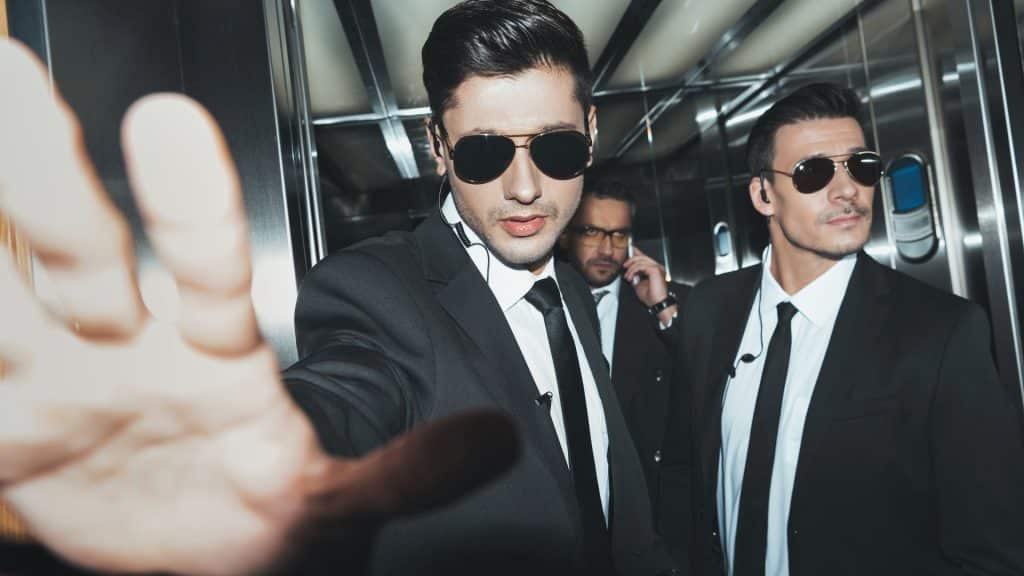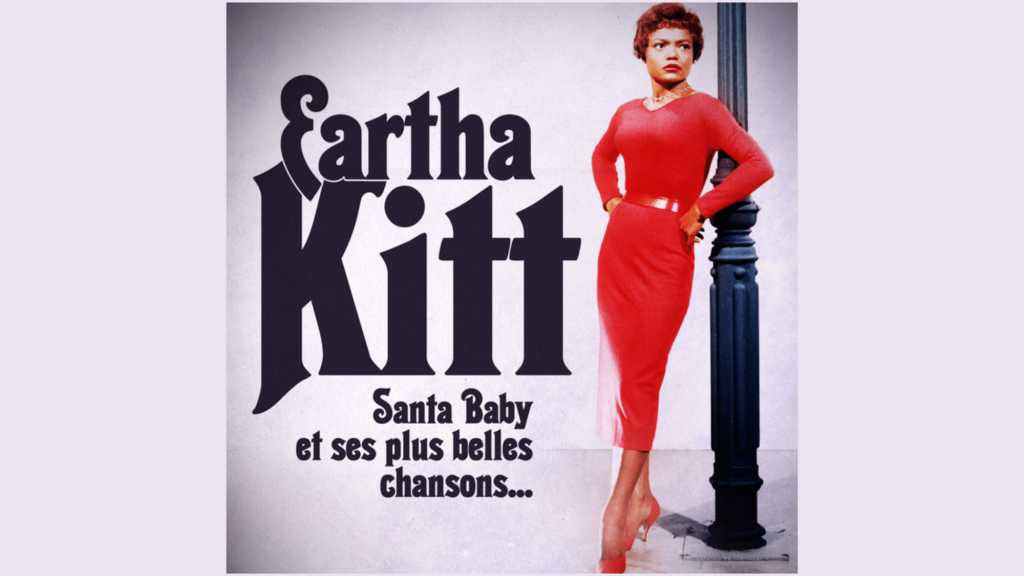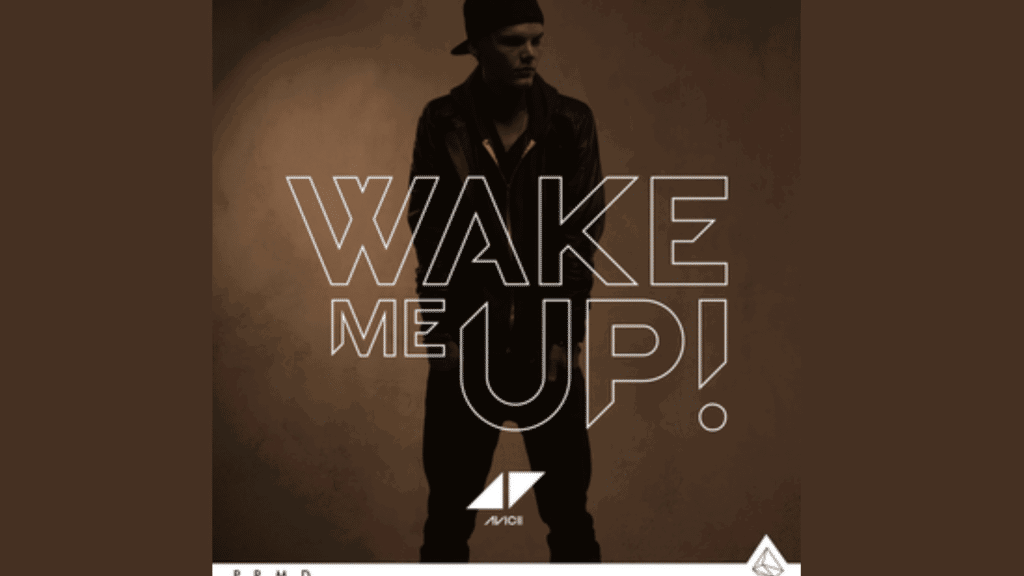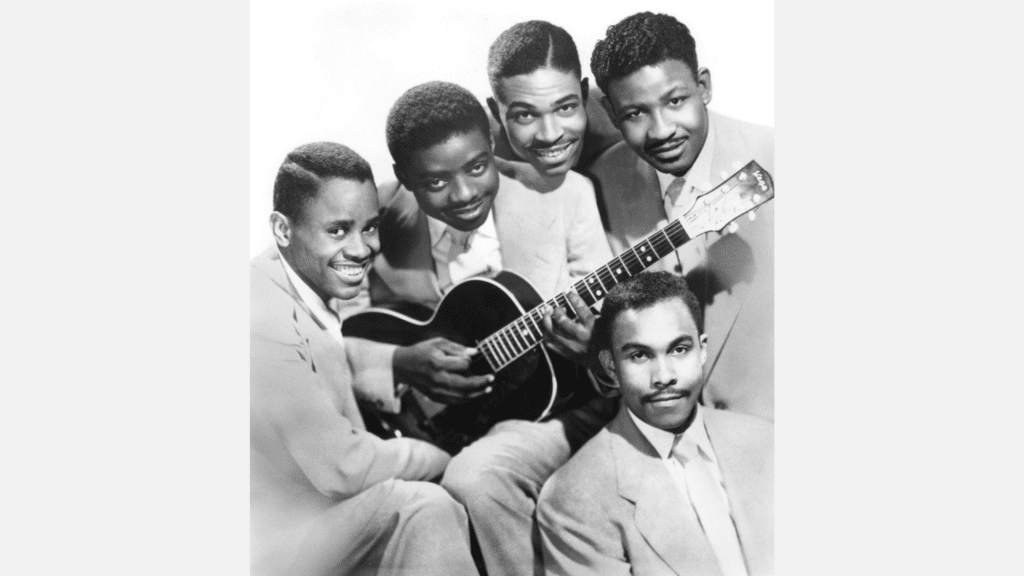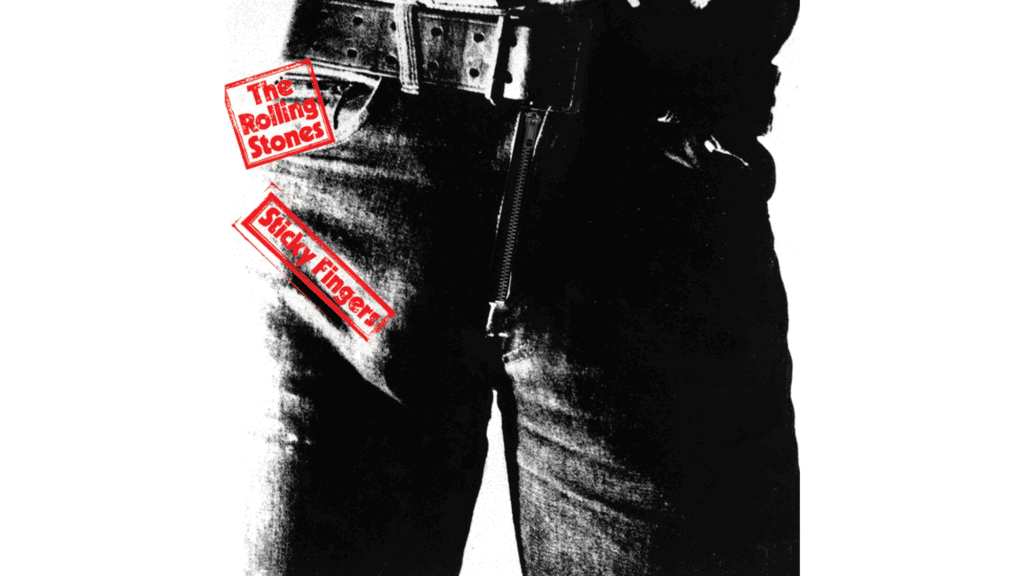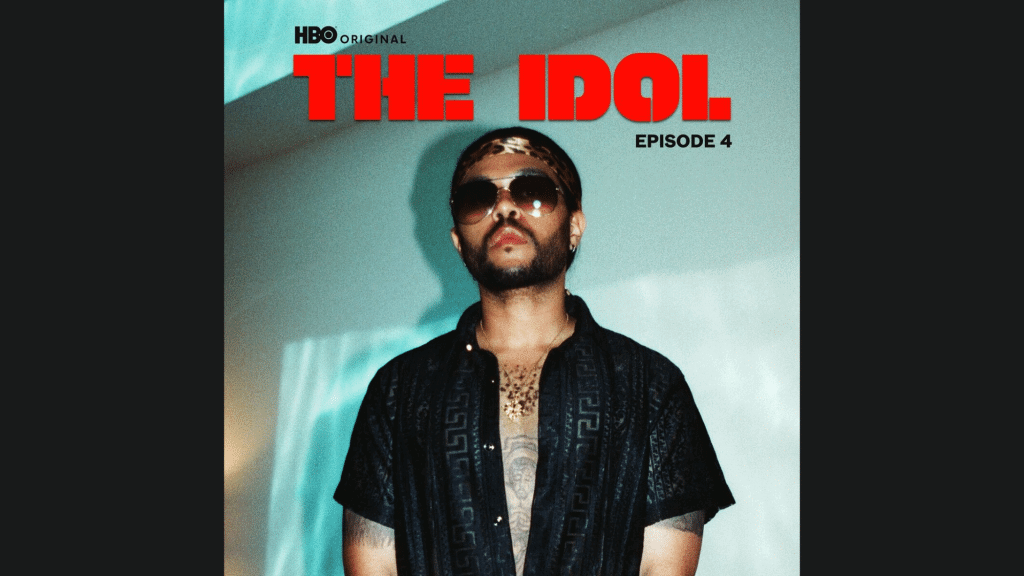From launching fashion labels to founding tech startups, celebrity entrepreneurs have become unexpected trendsetters in the marketing world.
As brands seek fresh ways to connect with audiences, many are turning to the playbook of celebrity entrepreneurship to drive innovation and engagement.
At Avija Digital, we closely track marketing trends across industries, and one thing is clear: celebrity-led branding is influencing how marketers craft campaigns, build loyalty, and drive sales.
Whether it’s Rihanna’s Fenty Beauty disrupting traditional beauty standards or Ryan Reynolds turning a mobile brand into a viral sensation, these icons are reshaping how marketing is done in 2025.
The Shift from Celebrity Endorsement to Ownership
For decades, brands leveraged celebrity power through endorsements. Think Nike and Michael Jordan or Pepsi and Beyoncé. But in recent years, there’s been a pivot. Today’s stars don’t just represent brands—they own them.
Rihanna’s Fenty Beauty didn’t just use her name—it reflected her values. With an inclusive range of shades, she redefined what diversity means in beauty marketing. This approach created a deeper emotional connection with consumers who felt seen and valued. In turn, the marketing strategy became less about the product and more about purpose.
Marketing trend takeaway: Consumers want authenticity. Brands must move beyond surface-level endorsements and build narratives around shared values and experiences—something celebrity entrepreneurs do naturally.
Ryan Reynolds: The Case Study Everyone’s Still Talking About
Ryan Reynolds has become something of a marketing icon himself, thanks to his viral campaigns for Mint Mobile and Aviation Gin. What sets him apart? A blend of humor, self-awareness, and impeccable timing.
For example, his ads frequently break the fourth wall, poke fun at traditional marketing tropes, and speak directly to the consumer like a friend. His ad announcing Mint Mobile’s $15/month plan went viral because it was simple, honest, and refreshingly un-corporate. It wasn’t just advertising—it was entertainment.
Marketing trend takeaway: Entertain first, sell second. Modern audiences are immune to hard sells. Injecting personality and storytelling into your strategy—hallmarks of celebrity marketing—drives greater impact.
Skincare, Spirits, and Sneakers: The Rise of Niche Celebrity Brands
Not all celebrity ventures are mega launches with billions in funding. Many find success by targeting niche markets with precision. Hailey Bieber’s Rhode skincare focuses on minimalist, science-backed routines. Travis Scott’s collaboration with Nike created exclusive drops that generated hype on a global scale. And George Clooney’s Casamigos tequila, once a passion project, sold for a billion dollars.
Each of these brands benefited from intimate knowledge of their target audience and a focused marketing approach that didn’t try to appeal to everyone—but deeply resonated with a specific tribe.
Marketing trend takeaway: Niche is the new mainstream. Celebrity entrepreneurs prove that you don’t need to be everything to everyone. Instead, deeply understand your core audience and build a brand that speaks directly to them.
Social Media: The Ultimate Equalizer
What has made this explosion of celebrity entrepreneurship possible? Social media.
Platforms like Instagram, TikTok, and YouTube give celebrities direct access to millions of followers. But the real magic happens when stars use their platforms to show vulnerability, behind-the-scenes moments, and their creative processes. This unfiltered authenticity builds trust—something traditional ads often struggle with.
Take Billie Eilish, for example. She uses her social presence not just to promote products, but to share her values, routines, and struggles. When she drops a campaign, it doesn’t feel like a sales pitch—it feels like a recommendation from a friend.
Marketing trend takeaway: Human connection beats polished promotion. The best marketing trends today revolve around transparency, relatability, and storytelling—qualities celebrities excel at on social media.
Collaborations: The Power of Cultural Capital
Celebrity collaborations are nothing new—but the way they’re marketed has evolved. Today’s co-branded campaigns aren’t just about slapping a name on a product. They are immersive, multi-channel experiences that merge music, fashion, tech, and lifestyle.
One standout example is Beyoncé’s Ivy Park x Adidas collection. Each launch comes with a well-timed social media blitz, custom packaging, and influencer unboxings—making the drop feel like a cultural moment, not just a product release.
Marketing trend takeaway: Collaborations should feel organic, not opportunistic. When done right, they create cultural cachet and viral momentum.
What Marketers Can Learn from Celebrity Entrepreneurs
So, how can traditional marketers take inspiration from these celebrity-led success stories?
- Prioritize Authenticity: Don’t chase every trend—find your voice and values, and let those guide your strategy.
- Create Experiences, Not Just Ads: Think like a storyteller, not a salesperson.
- Embrace Social Storytelling: Invest in platforms where your audience already lives, and speak their language.
- Partner with Purpose: Whether with influencers, musicians, or micro-celebrities, align with partners who reflect your brand ethos.
- Lean into Niche Appeal: Sometimes, speaking to fewer people more deeply is better than trying to reach everyone at once.
Final Thoughts
As the marketing world continues to evolve in 2025, one thing remains clear: celebrity entrepreneurs are at the forefront of innovation. By blending authenticity, storytelling, and personal branding, they’re setting the pace for the next wave of marketing trends.
Whether you’re a brand manager, content creator, or agency like Avija Digital, there’s a lot to learn from the way celebrities build and market their ventures. These trends aren’t just fleeting—they’re shaping the future of how brands connect with people on a human level.


